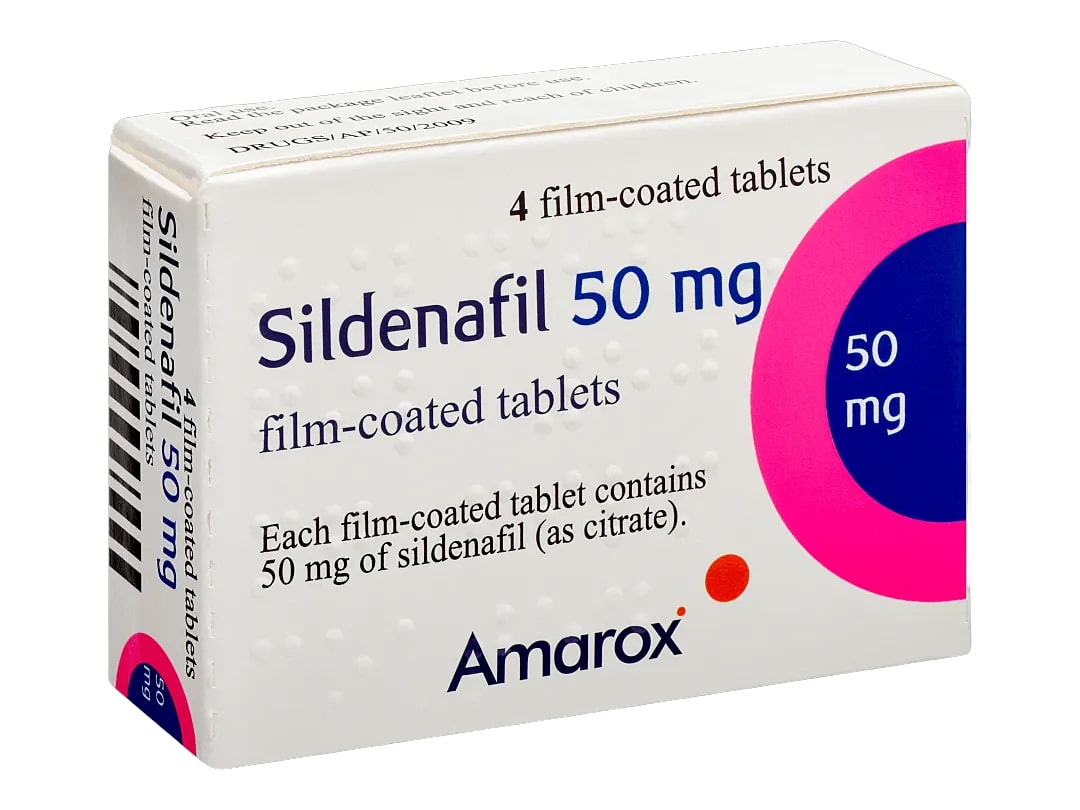Why Choose Sildenafil?
Improved Blood FlowEnhances sexual function by increasing blood flow to the penis, leading to stronger and longer-lasting erections.
Convenient DosageOffers a convenient and discreet way to manage erectile dysfunction, allowing for spontaneity in sexual activity.
Reduced AnxietyCan help reduce anxiety associated with erectile dysfunction, leading to a more relaxed and enjoyable sexual experience.
Increased ConfidenceHelps restore confidence in your ability to achieve and maintain an erection, improving overall sexual satisfaction.
Versatile TreatmentSuitable for various causes of erectile dysfunction, including physical and psychological factors.
Always follow your doctor’s instructions for the best results and safety.


